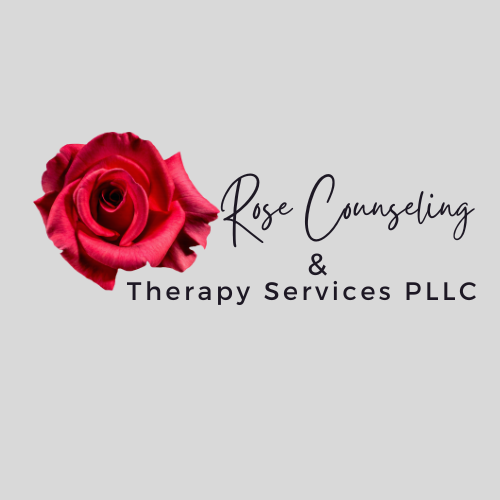Postpartum & Mental Health
The postpartum period is often portrayed as a time of joy and bonding with a new baby. While this is true for many, it can also be a time of significant emotional and physical challenges. It’s important to normalize this experience and provide guidance on coping strategies and knowing when to seek help.
What is Postpartum Mental Health?
Postpartum mental health encompasses a range of experiences new parents may face after childbirth. These can include:
Baby Blues: Short-lived feelings of sadness, mood swings, and irritability. These are common and typically resolve within two weeks.
Postpartum Depression (PPD): A more severe and longer-lasting condition that affects mood, energy, and the ability to care for oneself or the baby.
Postpartum Anxiety (PPA): Excessive worry, restlessness, and intrusive thoughts about the baby’s safety or well-being.
Postpartum Psychosis: A rare but serious condition that can involve hallucinations, delusions, or severe mood disturbances. This is a medical emergency and requires immediate attention.
Signs and Symptoms
Knowing what to look for can help you identify when you or a loved one need support. Common symptoms include:
Persistent sadness or hopelessness
Difficulty bonding with the baby
Severe fatigue or insomnia
Loss of interest in activities
Feelings of guilt or worthlessness
Difficulty concentrating
Irrational fears or obsessive thoughts
Strategies for Coping with Postpartum Challenges
Prioritize Rest and Nutrition: Sleep deprivation can amplify emotional struggles. Accept help from loved ones to rest and nourish your body with balanced meals.
Build a Support Network: Share your feelings with your partner, family, or close friends. Lean on those who offer non-judgmental support.
Practice Self-Compassion: Remember that adjusting to parenthood is challenging, and you’re doing your best. Avoid comparing your experience to others.
Create a Routine: Establish small, manageable routines for yourself and the baby to bring structure and reduce overwhelm.
Engage in Gentle Exercise: Walking, stretching, or yoga can boost mood and energy levels.
Stay Connected: Join a local or online postpartum support group to share experiences and gain encouragement from others.
When to Seek Help
It’s important to recognize when postpartum feelings go beyond typical adjustments. Seek professional help if:
Symptoms last longer than two weeks or worsen over time.
You feel unable to care for yourself or your baby.
You experience thoughts of self-harm or harming the baby.
You notice severe mood swings, paranoia, or hallucinations.
Treatment Options
Postpartum mental health conditions are treatable, and help is available. A mental health professional may recommend:
Therapy: Cognitive-behavioral therapy (CBT) and other therapeutic approaches can help address negative thought patterns.
Medication: Antidepressants or anti-anxiety medications may be prescribed, often with consideration for breastfeeding.
Support Groups: Sharing experiences with others who understand can relieve and reduce isolation.
Hope
If you’re struggling with postpartum challenges, know that you are not alone. Many parents face similar difficulties, and with the proper support, healing is possible. Reaching out for help is a sign of strength, not weakness, and it ensures you can fully embrace this new chapter in your life with resilience and joy.
If you or someone you know needs immediate support, don’t hesitate to contact a healthcare provider or mental health professional. Your well-being matters—for you and your baby.
